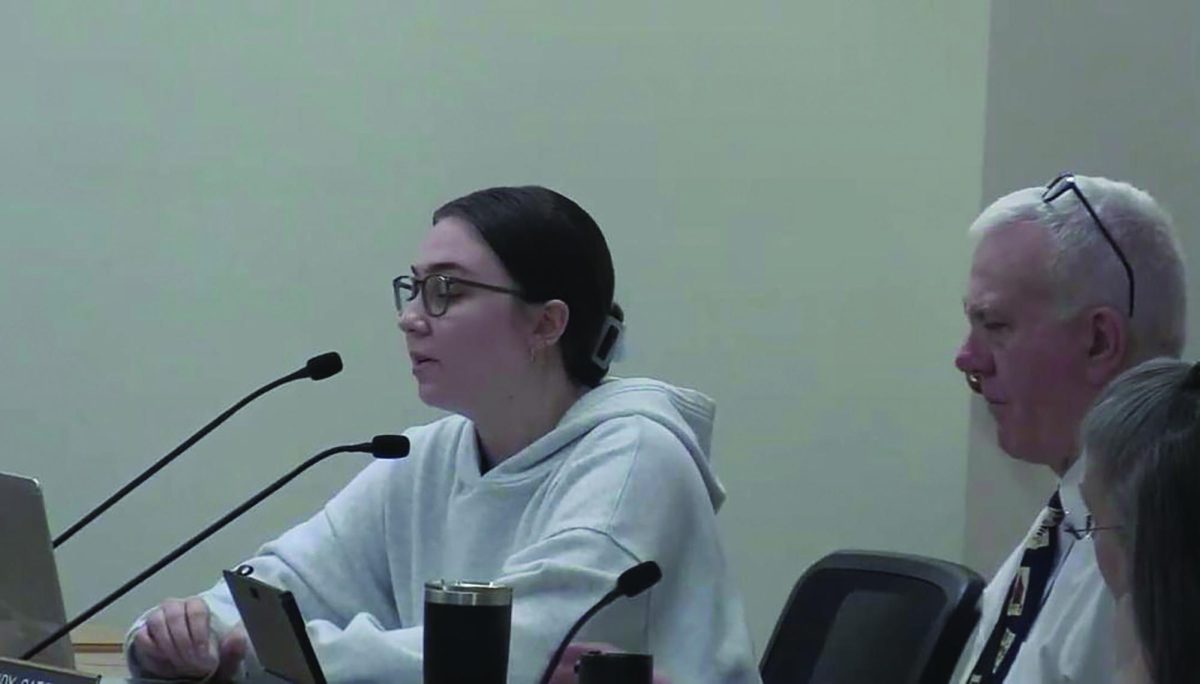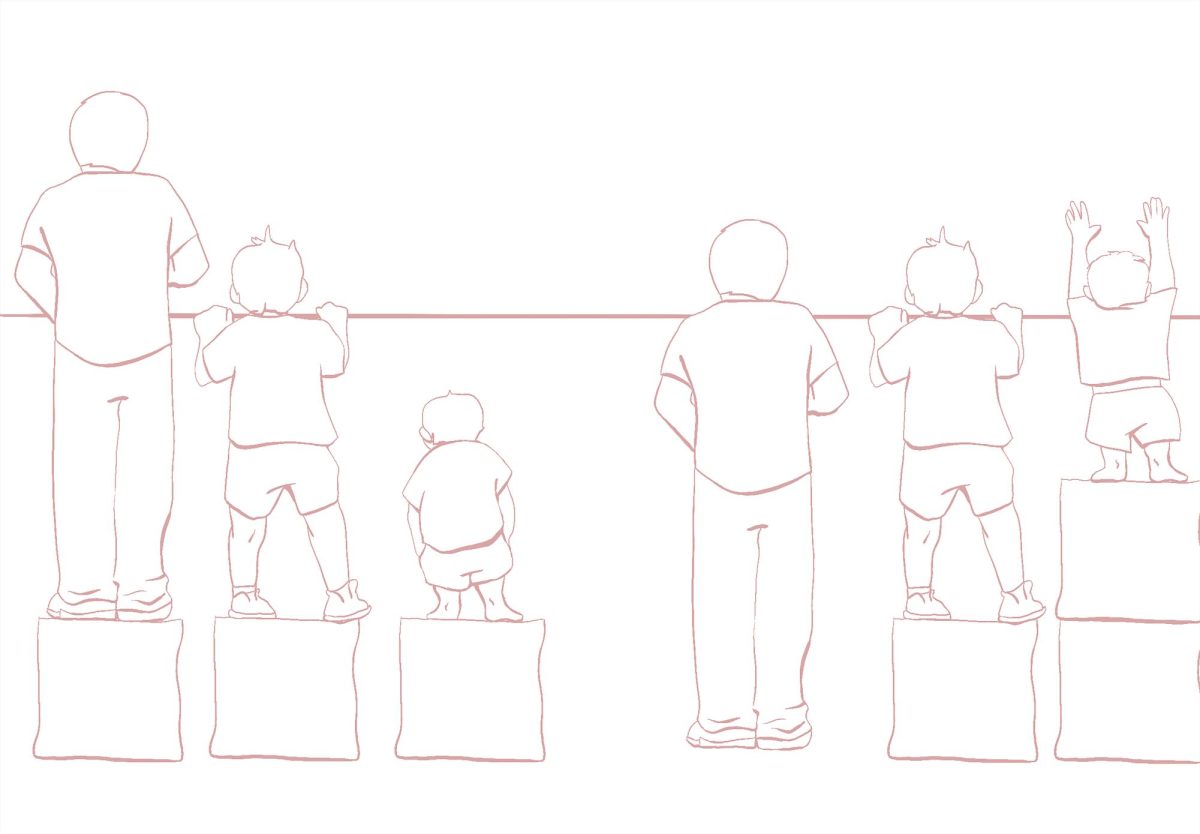On July 14, 2020, Oregon State Governor Kate Brown signed a bill suspending Oregon’s requirement for students to demonstrate mastery in reading, writing, and math. It had been publicly announced that the requirements for student mastery been suspended until the 2027-2028 school year. However, as of October 2023, the expectation for students to prove mastery in ways such as taking state standardized tests in order to graduate has been postponed yet again until 2027-28 school year.
Initially, the class of 2027 would return to the original expectation of meeting what the state called Essential Skills requirements in reading, writing and math in order for kids to graduation, but that decision has been postponed.
In the past, students who failed to meet Essential Skills requirements through their test scores were required to create work samples. Classes and programs that existed to help students meet those requirements are now no longer needed.
Schools throughout the state know that students would take an assessment known as the Smarter Balanced test, which has been required by the state for several years. Many students start SBAC testing in third grade, and though Essential Skills have been suspended, the SBAC test is still given to juniors in Oregon. As of now, the requirements would return for the Class of 2028.

“Having this kind of assessment was not really whether or not students could read or write, but rather, could they apply what they were learning to the real world. And their scores on the SBAC are really not indicative of that,” said Michael Dembrow, State Senate member, to the Oregon Capitol Chronicle.
These tests were made to assess a student’s skills in order to receive their diploma. Now, those who receive their diploma no longer need to prove that they can write, read, and do math at the high school level. While some Democrats in the legislature overwhelmingly supported ending the long-time proficiency requirement, some Republicans criticized it as a lowering of academic standards.
“I think the bigger issue here is that the board has continued to remove standards and has not come up with a game plan,” Tracy Cramer, State Representative, said to the Oregon Capitol Chronicle. “I think that’s why parents and Oregonians are kind of frustrated. Just because graduation rates are improving doesn’t mean proficiency is,”
The state plans to press play again on the requirement in the 2027-28 school year. So, until that year, students have some relief when it comes to earning their diploma.
Speaking With Jan Rassmussen
Even with the change in requirements in order to graduate, students are still expected to pass their classes and receive their 24 credits in order to graduate.
“It’s always been [this way] even before [COVID-19] — 24 credits, plus Essential Skills, and then after COVID happened, they dropped Essential Skills” freshman guidance counselor Jan Rassmussen said, clarifying what the suspension of proof in mastery entailed.
Even before the suspension was put in place, there were still other ways students could graduate without having to prove mastery.
“Even when we [used Essential Skills], that wasn’t something that stopped students from graduating,” Rasmussen said. We were still meeting the standard either way.”
Before COVID-19 made its mark, students would take the Smarter Balanced Assessment that would help prove the validity of their knowledge in aspects such as reading, writing, and mathematics. Rasmussen expresses that the state standardized tests should either be important to students and their education or not have them at all.
“My own personal philosophy for [state standardized tests] is it’s better to use them to assess someone and where they are at, not hold it to a make or break situation.” He also expresses that there shouldn’t be an in-between on whether or not these tests should matter to a student.
“I think [the state] either needs to have [state standardized tests] or not, and not go back and forth” Rasmussen said.
This story originally appeared in the January 2024 issue 2 of the Whirlwind magazine on page 8.






